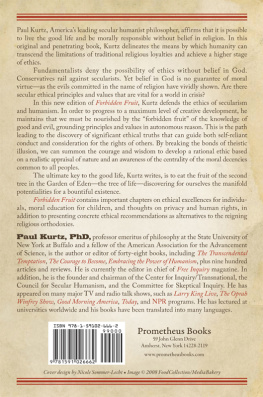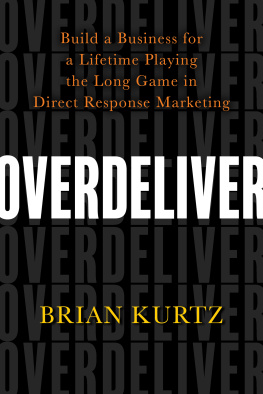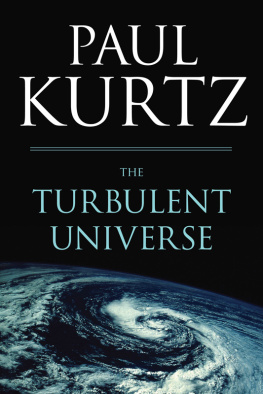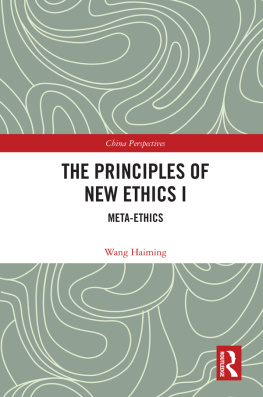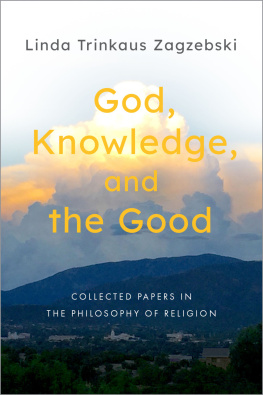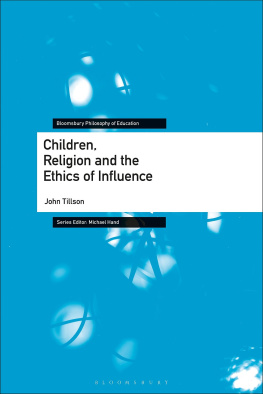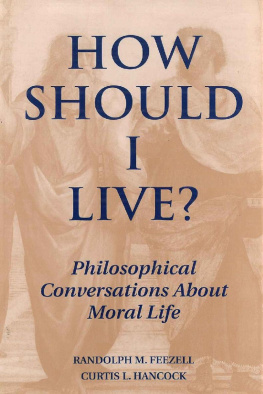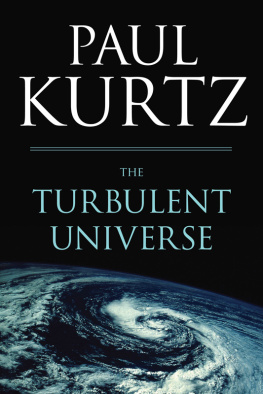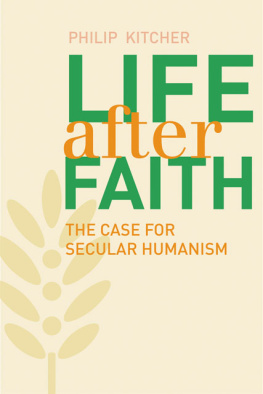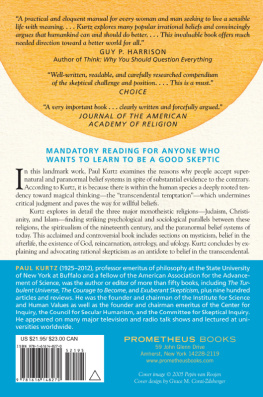
I wish to acknowledge the countless generations of men and women throughout human history who led exemplary lives of moral dedication, yet were thoroughly secular. Theirs were lives of excellence, full of meaning and significance, creativity and joy, and they were able to achieve some measure of well-being and exuberance.
Many of those committed to the ethics of secularism were the heroes and heroines of human civilization. They helped forge new paths for human rights, social justice, and progress. They had an empathetic regard for the interests of other human beings, and they believed deeply in the common moral decencies and the preciousness and dignity of each person.

Transcendental Ethics
Theists maintain that only a moral code rooted in a transcendental realm can provide the basis for moral conduct. Unable to envision any other ground for morality, they vehemently oppose any efforts to modify their received doctrines. But the foundation of their system rests on shaky ground.
What is transcendental ethics? It has taken many different forms historically, for although people talk about the transcendent, they disagree as to what it is. A purely transcendental ethics, unrelated to any human content, would be meaningless, since it would be empty of any empirical referent and irrelevant to human interests or needs.
Platonism
Plato is doubtless the main inspiration in Western thought for a philosophically based transcendental ethics, if not a theistic morality. Plato thought that there were universal moral ideas or forms. Presumably, a moral inquirer could use these as guides to conduct and seek to exemplify them in the empirical world.
Plato was inspired by Socrates quest for truth and his devotion to the life of the mind. In various dialogues, Socrates attempts to define justice, piety, truth, beauty, virtue, and the good. He is not interested in extensional definition by reference to specific illustrations of any of these, but in an intensional definition whereby one is able to apprehend the real meaning of a moral concept; that is, its essential differentiating characteristic.
Plato postulates a realm of subsistent ideal essences in terms of which anything in the world of matter receives its existence. The concrete is what it is only because it participates in the universal class that defines it. All particular things would seem to have their counterparts in the realm of essences. Plato is primarily interested in mathematical conceptswhich seem ideal and which provide the formal structure for naturebut he is also interested in moral ideals, of which the ideal of the good is the most fundamental. Plato thus attempts to provide an ontological basis for morality, rooted in some transcendent order.
The best critic of this theory is Aristotle, who asks: Of what help are such universal concepts to the ordinary man? They don't provide much aid for the carpenter or physician, who is concerned with achieving the good in his own field of specialty and must deal with the good in concrete terms and as the end of action.
The philosophical critique of Plato's position is well known: Platonic realism simply assumes its ontological postulate. There is no supporting evidence for the claim that there are ideal forms subsisting at large in the universe. Even if ideal essences subsist, they have no empirical content, and they do not tell us what we ought to do in concrete situations. Thus Plato's theory does not help us to resolve moral quandariesif that is what is intendedand there are serious objections to both his theory of knowledge and his metaphysics. It does not succeed in providing a basis for morality, because its epistemological grounds are questionable. It is not at all clear that by means of the dialectical process of reason we can at some point apprehend these essences. Plato has reified the process of definition by objectifying elements in discourse and giving them ontological status. But terms and concepts have meanings only within the context of language, which is developed by human beings. Words cannot be abstracted from human communication or read into the universe. Justice, for example, is not a non-natural entity floating in ideal space separate and distinct from the world of men and women; it is a notion applied to human institutions that we have chosen to designate by language.
In spite of his transcendental theory, Plato was himself a strong critic of any attempt to derive ethics from religion. In the Euthyphro, Plato asks if it is possible to deduce virtue from the sayings and examples of the gods. The prevailing religious mythology had been spun out by the poets, and Plato found the Homeric myths unreliable.
A day laborer has killed someone on the estate of Euthyphro's father. The latter has the offender bound and thrown into a ditch, and sends for a priest to tell him what to do. The offender dies before the priest arrives; Euthyphro blames his father and is so incensed that he demands he be prosecuted for murder. Socrates is surprised that Euthyphro has turned against his father, since to honor one's parents is a fairly widespread moral prescription. He asks Euthyphro for his reasons. Euthyphro replies that the gods dictate that a murderer should be punished for his crimes. But did not Zeus kill his own father Kronos, and Kronos, his father? Socrates is uncertain whether Euthyphro's father has committed premeditated murder and wonders what the gods themselves would do in such a situation. What is piety? he asks. Euthyphro replies with a statement of conventional morality: Pay heed to the gods, follow their dictates, and engage in religious ceremonies.
But, for Socrates, virtue is more basic than conventional piety supported by religiosity. A man should follow the dictates of his conscience, live by the light of reason, and attempt to do good, which is more important than blindly following customs. Thus ethics precedes conventional religiosity, and is not to be deduced from what the gods may or may not have said.
A similar criticism of conventional religious conformity appears in Book II of the Republic, where Plato has Adeimantus attack its hypocrisy and double standard. One can do evil and yet confess or atone for one's sins and thus propitiate and pray to the gods for help and forgiveness. Ethical devotion to righteousness based on reason must precede any such religious complicity. Nonetheless, Socrates does have intimations of immortality. If there is an afterlife, he has nothing to worry about, since he has been righteous. If there is no afterlife, death is like an extended sleep. In any case, he has no fear of death, and believes that a person must follow his reason and fulfill intrinsic justice aside from any considerations of instrumental rewards. This is the argument that Socrates proposes even as he awaits death, as dramatized in the Apology, Crito, and Phaedo.
Plato's postulation of an ideal realm as the source of ultimate moral ideas is followed by a long line of philosophical theorists, the neo-Platonists, who also divide the universe into the two realms of appearances and reality. The first contains material objects in space and time, coming into being and passing away, interacting on the level of sense observation. The second refers to another realm of ultimate reality, which we do not directly observe, but indirectly infer or intuit. For Plato, the unseen realm is intelligible only to reason; but for others, not even to that; they speak of a mystical presence, of which we may get only a glimmer.
Next page
